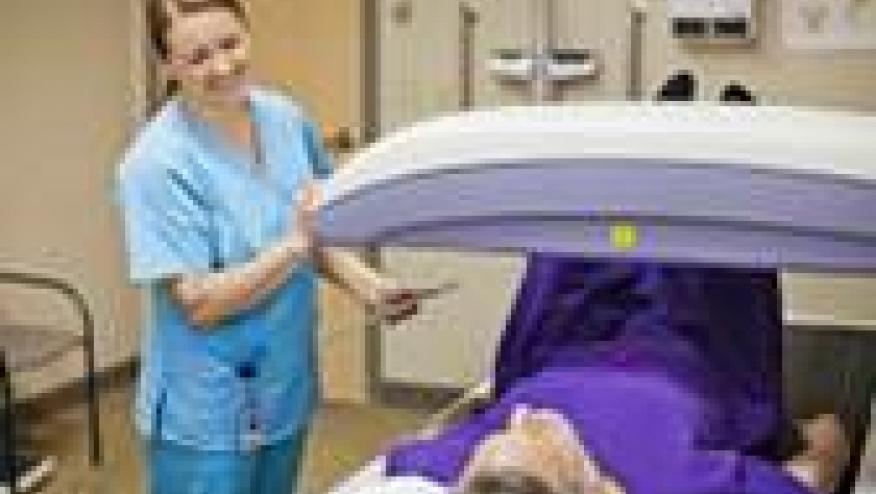Serial DEXA May Not Be Advisable Save

Does repeat bone mineral density (BMD) measurement predict subsequent fracture risk in postmenopausal women? A study published in JAMA suggests that a second BMD done 3 years after the initial DEXA did not further distinguish women who would be at a higher risk for a future hip fracture or major osteoporotic fracture.
Subjects were drawn from the Women’s Health Initiative, a prospective observational study, that included 7419 women with a mean follow-up of 12.1 (3.4) years from 3 US clinical centers. The primary outcome was incident major osteoporotic fracture (ie, hip, clinical spine, forearm, or shoulder fracture).
During a mean follow-up of 9.0 years after the second BMD measurement, 1.9% experienced hip fractures, and 9.9% experienced major osteoporotic fracture.
In discriminating between women who experience hip fractures and those who do not, AU-ROC values were 0.71 (95% CI, 0.67-0.75) for baseline total hip BMD, 0.61 (95% CI, 0.56-0.65) for change in total hip BMD, and 0.73 (95% CI, 0.69-0.77) for the combination of baseline total hip BMD and change in total hip BMD.
Femoral neck and lumbar spine BMD values had similar discrimination for hip fracture.
For discrimination of major osteoporotic fracture, AU-ROC values were 0.61 (95% CI, 0.59-0.63) for baseline total hip BMD, 0.53 (95% CI, 0.51-0.55) for change in total hip BMD, and 0.61 (95% CI, 0.59-0.63) for the combination of baseline total hip BMD and change in total hip BMD.
Femoral neck and lumbar spine BMD values had similar ability to discriminate between women who experienced major osteoporotic fracture and those who did not.
Associations between change in bone density and fracture risk did not differ by age, race/ethnicity, body mass index, diabetes or baseline BMD T score.
The authors conclude that a repeat DEXA should not routinely be performed in all postmenopausal women.










If you are a health practitioner, you may Login/Register to comment.
Due to the nature of these comment forums, only health practitioners are allowed to comment at this time.